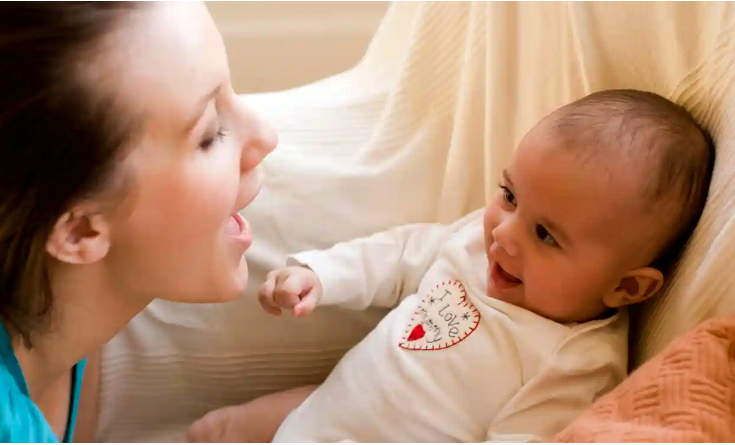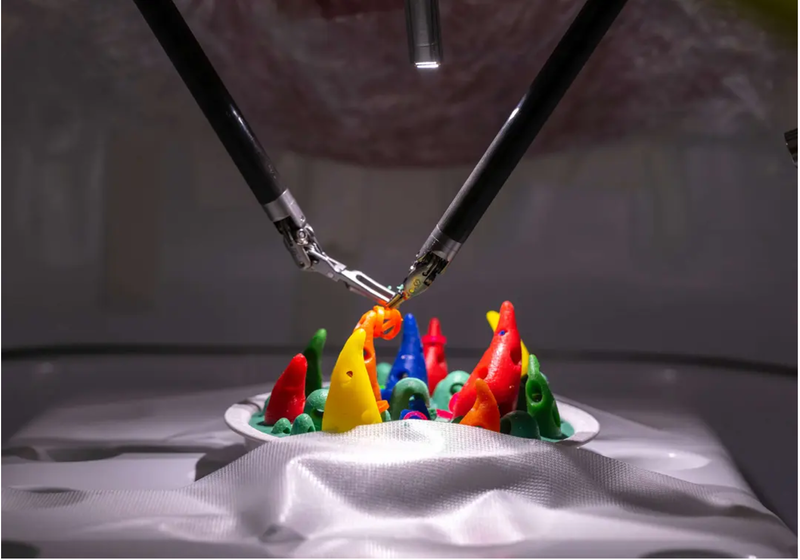Study: Talking to Babies May Help Shape Brain
A study has found that toddlers who hear more speech in everyday life have more myelin in language-related areas of their brains. The more one speaks to a toddler, the more it helps their brains to develop in early childhood the study claims.

Facts
- A study has found that toddlers who hear more speech in everyday life have more myelin in language-related areas of their brains. The more one speaks to a toddler, the more it helps their brains to develop in early childhood the study claims.1
- Myelin is a fatty substance that forms around nerves, including those in the brain. Myelin allows electrical impulses to fire more quickly and efficiently.1
- "Imagine you have a hosepipe with lots of holes in it." Lead researcher Prof. John Spencer explains, “Myelin is like wrapping the hosepipe with duct tape — it insulates neural fibers, bringing more of the ‘signal’ from one brain area to the next.”2
- Spencer and his researchers from the University of East Anglia used a device fitted inside a vest to record the amount of speech 87 children aged about six months and 76 aged about 30 months were exposed to at home.3
- The researchers analyzed over 6K hours of language data from children and adults. When the toddlers were asleep, they were placed in an MRI scanner to measure myelin in their brains. The researchers found that the more speech a child heard daily, the more myelin existed in his or her brain, which is "likely to support more sophisticated language processing."1
- The study is one of the first to show that listening to speech is associated with brain structure early in development. 2
Sources: 1Independent, 2The National, and 3Guardian.
Narratives
- Narrative A, as provided by UEA. These exciting new findings could support a more sophisticated understanding of language processing. Although previous work has shown a similar association in four to six-year-olds, this new research has pushed this association much earlier in development. As the first study of its kind, this offers important foundations for furthering our understanding of childhood development.
- Narrative B, as provided by Crystal Run Healthcare. The gist of this knowledge has been around for ages. Parents who engage in reading, singing, and talking with their children build an early foundation for language acquisition. A simple daily activity such as making funny faces while playing or pointing out objects in a book can help infants learn new words. Humans are social creatures.






